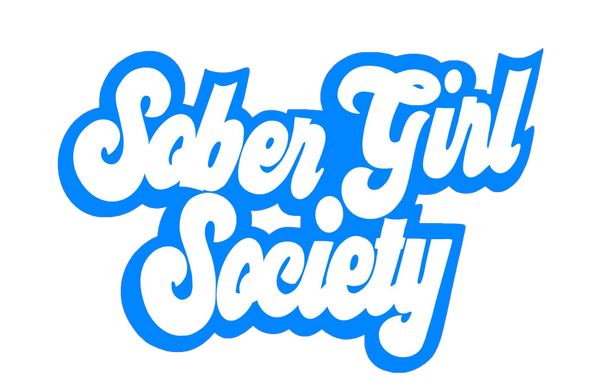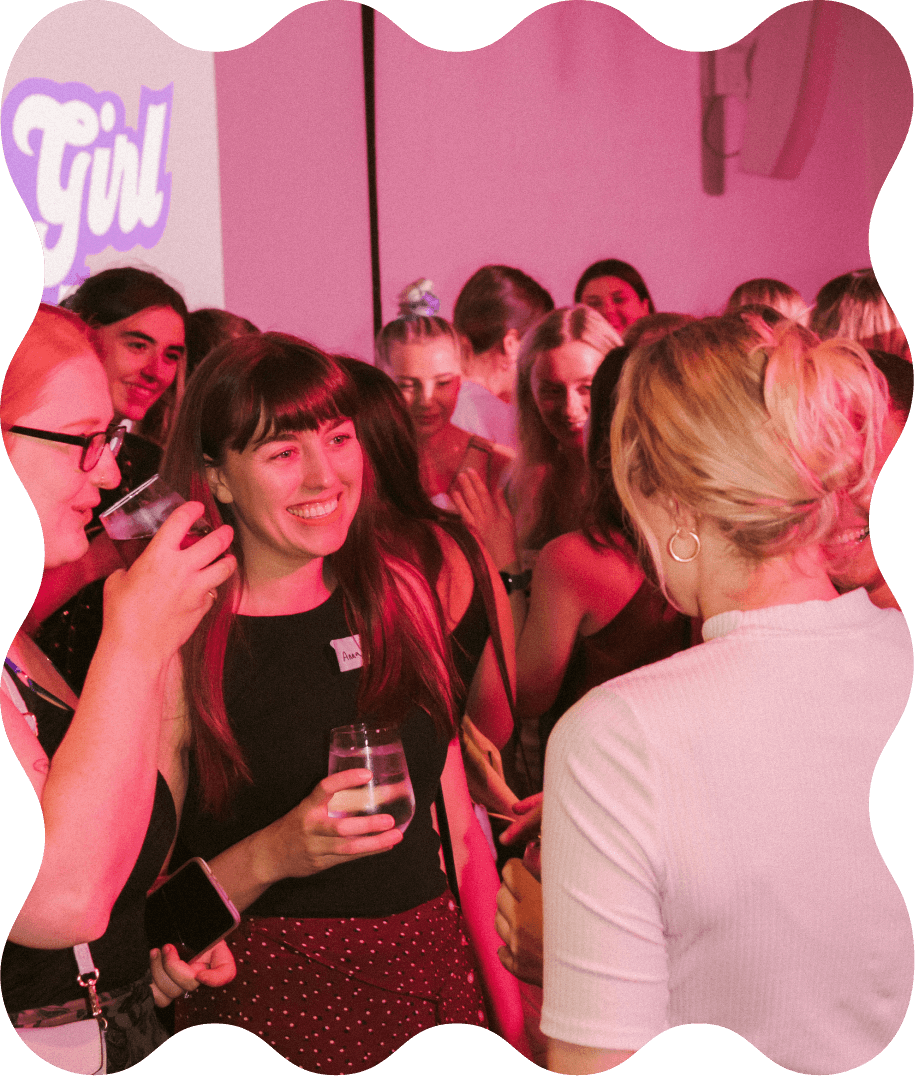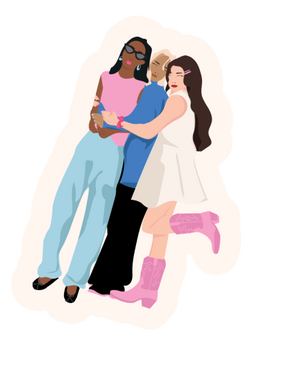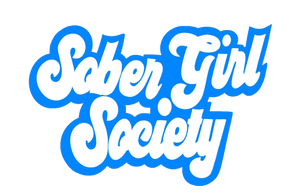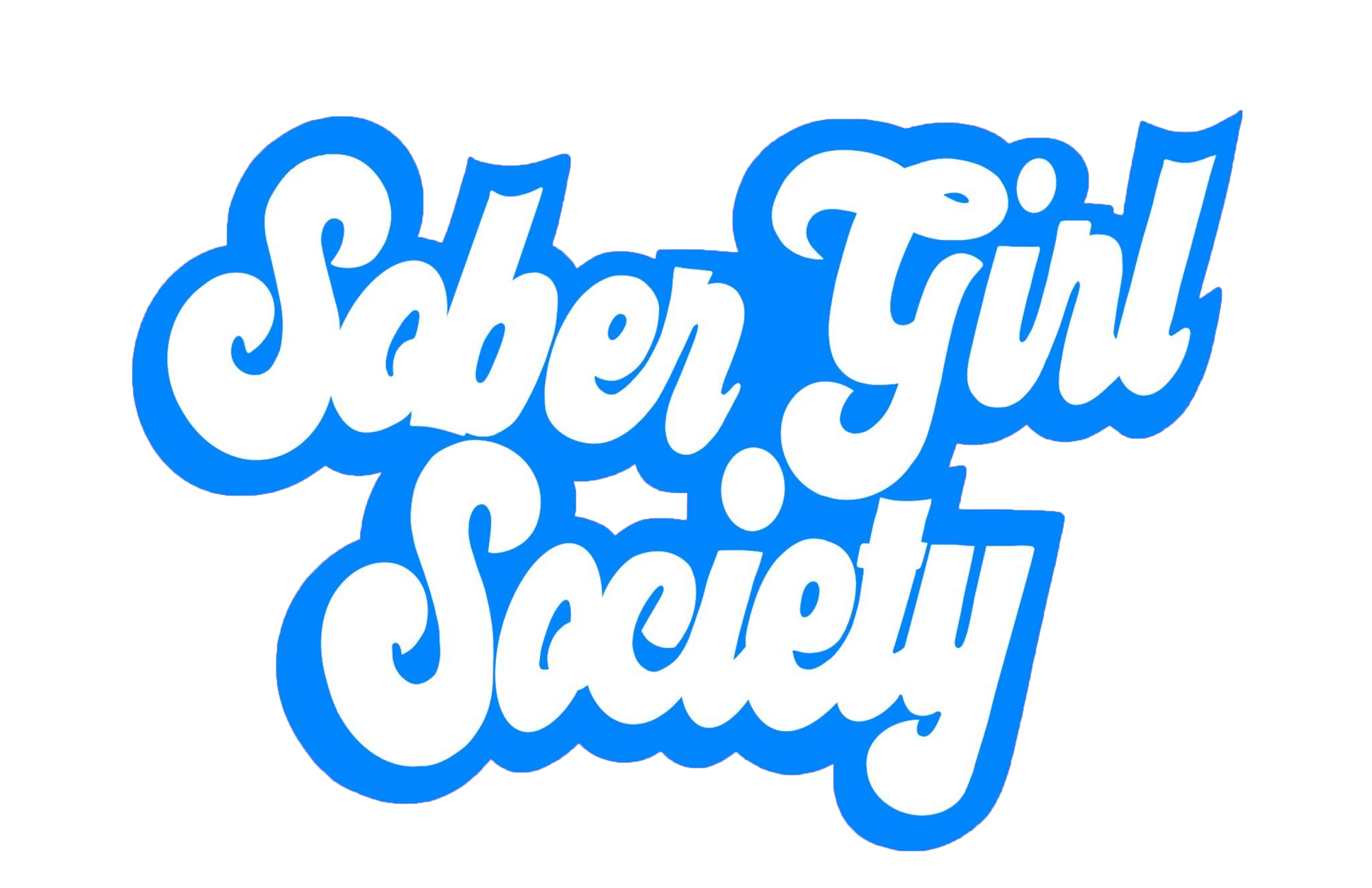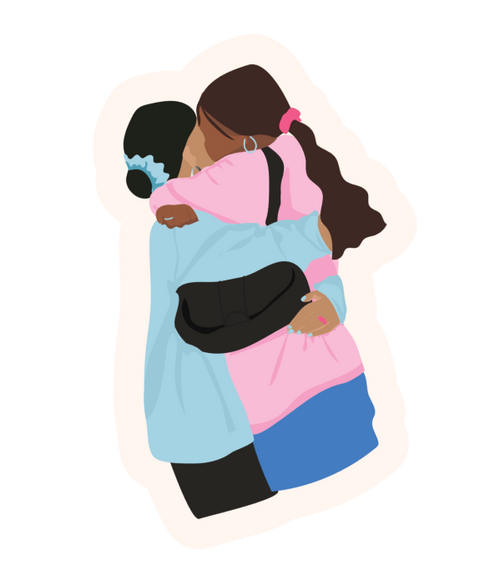My experience as a sober Black woman

It’s a sometimes painful and unique experience to be a Black woman, let alone one who is Sober. I once heard a quote that said something along the lines of ‘There’s not a more marginalised group of people than a Black woman.’ It’s a bold statement, but not one that I can argue much against. We are a marginalised group- full stop. It can definitely feel like walking around with a Scarlet Letter of sorts at times to be a Sober Black woman. It’s like having three strikes against me in a world where I’m already having to work harder than my white counterparts to be seen, heard and recognised as a valued member of society.
That very day-to-day challenge for equality, along with the addition of Sobriety can be mind boggling to even the most sensible of people. There’s constant, oftentimes misplaced pressure on Black women.
Even while writing this article, I found myself tiptoeing around certain topics so as not to come across “aggressive” or worse, the cliche “angry Black woman”. I also don’t want to speak for every Black woman, because each experience varies person to person and is too intimate a story to generalise. I believe Black women have been tasked with an impossible ask to endure to no end and the same can be said when the idea of Sobriety comes into play. We should be able to ‘handle’ our liquor, know when to stop and be able to take care of others who are inebriated. It’s unrealistic and problematic to look at Black women as a healing balm to the world. Are we strong and intelligent? Of course. Can we help others and express great love? Definitely.
However, we are not caretakers to the world and we are just as susceptible to the perils and downfall of spiralling into alcoholism. Perhaps there’s something to be said for this pandering idea of a strong Black woman that leads some to drink more because of the constant overwhelm.
So how do we, as Black women, lift ourselves up on the path to Sobriety when it’s few and far between to find a reliable Sober, Black, sisterhood? Where do we turn when AA and NA meetings are just another reminder that there’s no other faces in the room that look like ours? It can be hard to find a voice when so often my opinions are squandered or placed on a back burner in favour of x,y or z. I have to make myself the priority, is step one.
Oftentimes I’ve felt alone in a crowded room. Attending program meetings isn’t a shared, coming together of community quite like it is for my white and non-brown counterparts. Not seeing a face and gender similar to mine is an alienating feeling. I’ve grown accustomed to being uncomfortable and that troubles me. I don’t want discomfort to be any kind of norm in my life.
Again, it’s not the programs themselves that are necessarily the problem, although there are some minor grievances I have (meeting availability within Black communities, lack of diversity encouragement and/or targeting, amongst a few other bullet points). Instead, I find it to be a long withstanding culture that caters mainly to whites and perpetuates a common disregard for the rampant alcoholism that runs throughout Black households and families.
One of the tools I’ve found to be helpful is becoming a member of a community of incredible women called Sober Black Girls Club. Founded by Khadi A. Oluwatoyin, the group is one that’s inclusive of all recovery practices and encourages both Black, and LGBTQIA+ communities to come together. Meetings boast that they accept anyone who is Black and identifies as girl, woman, femme, or nonbinary in addition to anyone who is Black, Brown, Indigenous, or identifies with a community of colour and queer. The group provides me with a sense of familiarity and common struggle with being Black and sober.
Through SBGC I’ve also been able to become a mentor to another woman and we check in with one another throughout the week and have a standing Saturday morning Zoom session. It helps to know I have her as a companion and confidant when I find myself in a tricky social situation, when I’m having cravings and when I’m combating self-isolation. She’s simply a text or phone call away and knowing I have that resource in my back pocket means all the world to me.
Additionally, I’ve begun to seek out Black literature from a female’s point of view. I was very honoured to be asked for an interview with author Linda Villarosa. Over the course of an hour I was able to share my story unapologetically for her book Under The Skin: The Hidden Toll on American Lives and on the Health of Our Nation. I’ve found it to be a freeing experience to share my store not only with the public, but in particular amongst other Black women.
Sobriety is for all. Maybe the next time you find yourself at a program meeting, take a look around the room and see who’s there, but especially who is not in the room. Ask questions and take notice of the absence. If we don’t start the discussion about race in terms of Sobriety I fear there will always be a divide that separates us. I’m appreciative of all the many groups and therapies I’ve been a part of in the 3.5 years of my Sober journey and have learned that I can value one aspect of Sobriety while nurturing another.
Paying more attention to my need for commonality and no disregarding that needed sense of community has made the struggle easier to bear. My hope is others who read this will realise they to yearn for community and seek it in their own way. We all have the right to feel that we belong and shouldn’t take that acceptance for granted.
Written by by Audrey Brianne
Audrey is an LA-based wardrobe stylist. Her clientele includes a who’s-who of captivating talent including a wide-range of ‘Young Hollywood,’ TV & film actors and musicians. For over a decade, Audrey has been styling with an emphasis on celeb red carpet appearances and editorial. You can view her work at audreybrianne.com.
